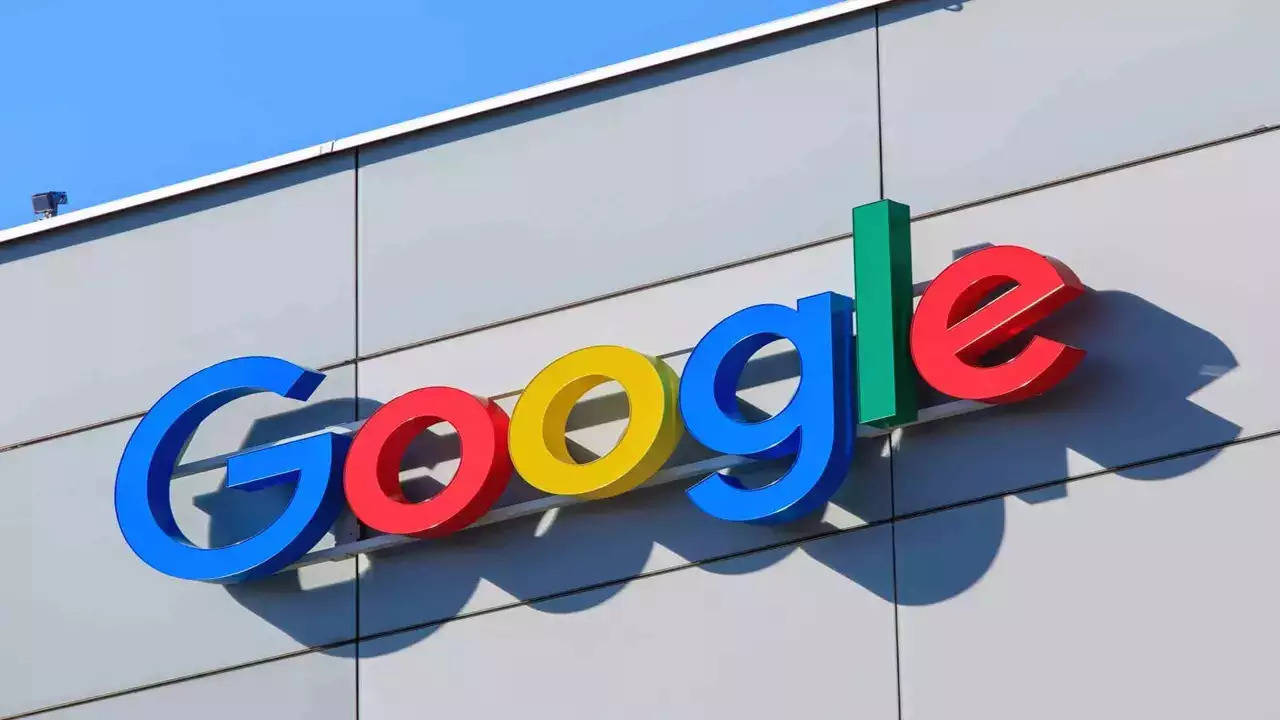Table of Contents

The US government is taking a bold stand against one of the most profitable parts of Google’s business – its ad tech division. A trial, beginning Monday, will explore accusations from the Department of Justice (DoJ) that Google, through its parent company Alphabet, operates a monopoly in the digital advertising market, earning over $200 billion last year alone.
The case argues that Google has been using its dominance to stifle competition and innovation, giving it an unfair advantage in the industry. Alphabet, on the other hand, claims its success is due to the effectiveness of its services, not any monopolistic behaviour.
This lawsuit marks the second major antitrust case the tech giant has faced in recent years. Last month, a judge ruled that Google illegally dominated the search engine market, but the consequences of that ruling are still unclear.
Google's dominance in digital advertising began with its search engine, which allowed it to launch Google Ads (formerly AdWords) in 2000. This service gave advertisers access to Google’s search results pages, and later, it expanded to allow ads on third-party sites.
The Allegations Against Google
The core of the lawsuit, filed in 2023 by the DoJ and a coalition of US states, centres on allegations that Google controls too much of the digital ad space, making it difficult for competitors to grow. The DoJ claims Google has been leveraging its massive market power to prevent rivals from developing their own ad technologies, ultimately limiting choice for advertisers and consumers.
According to US Attorney General Merrick Garland, Google’s actions “halted the rise of rival technologies,” keeping the competition at bay and maintaining their control of the market.
Google’s Defense
Google’s response to the lawsuit is that the digital ad space is highly competitive, with major players like Apple, Amazon, and TikTok thriving in the market.
In a 2023 blog post, Google argued, “No one is forced to use our advertising technologies—they choose to use them because they work.” Google also pointed to growing competition in the ad industry as proof that the market is not shrinking or dominated solely by them.
A Complex Legal Battle
While the previous antitrust case focused on Google’s search engine dominance, the ad tech case presents a more complex challenge. “The technology behind advertising is very intricate, and that’s going to be a real challenge for the government to prove its case,” said Rebecca Haw Allensworth, an antitrust professor at Vanderbilt University Law School.
What’s at Stake?
If Google is found guilty of monopolistic practices, the company could face significant changes in its business operations. However, experts like Dan Ives of Wedbush Securities believe that any penalties are more likely to involve changes to Google’s business model rather than a full breakup of the company.
Globally, regulators in the UK are also investigating Google’s ad tech business, alleging similar anti-competitive practices. Google has dismissed these claims, calling them a “flawed” understanding of the digital ad space.

